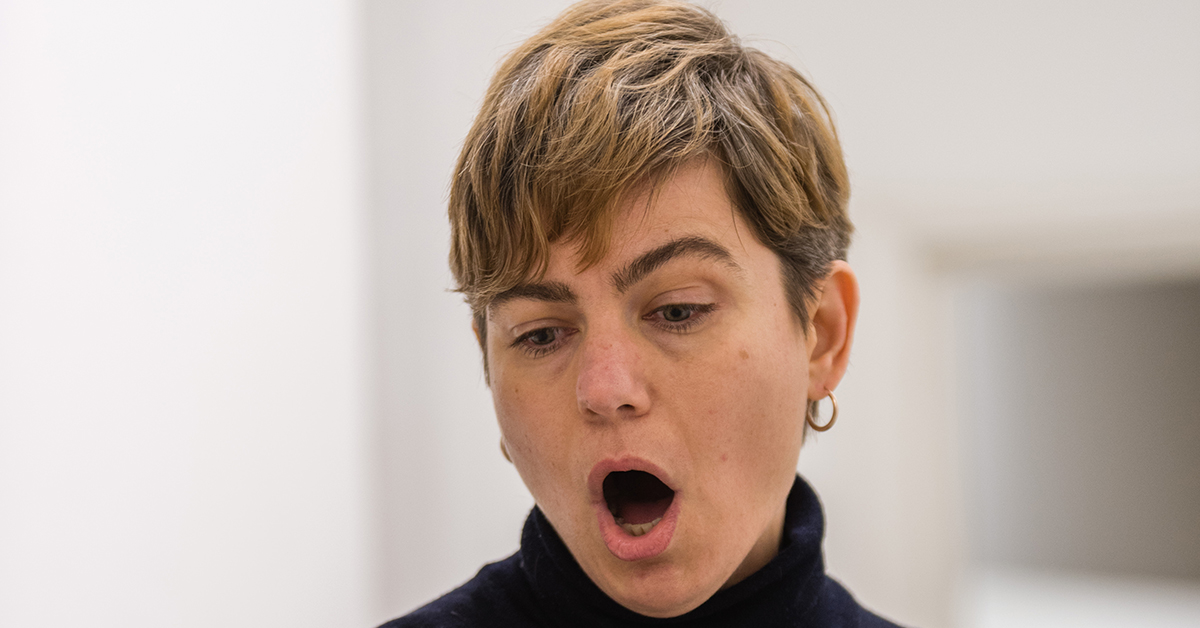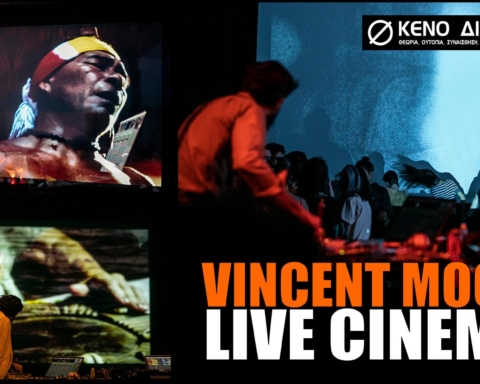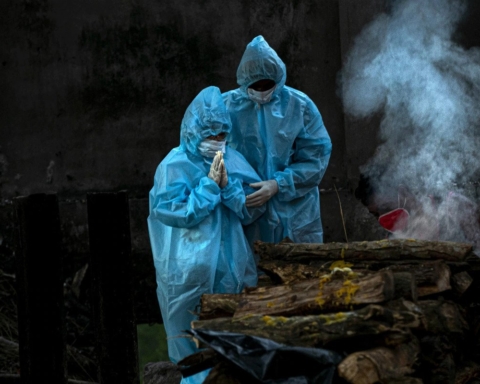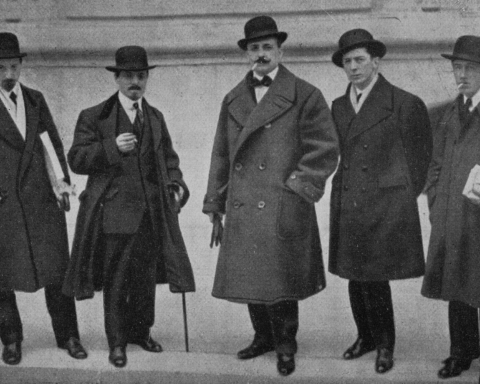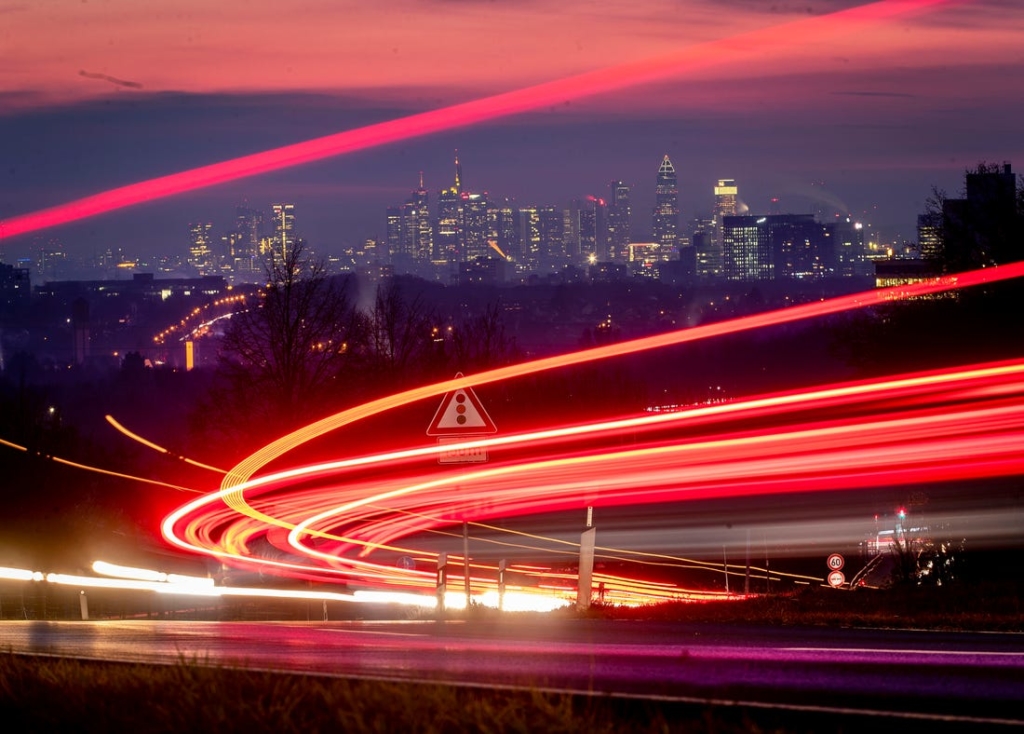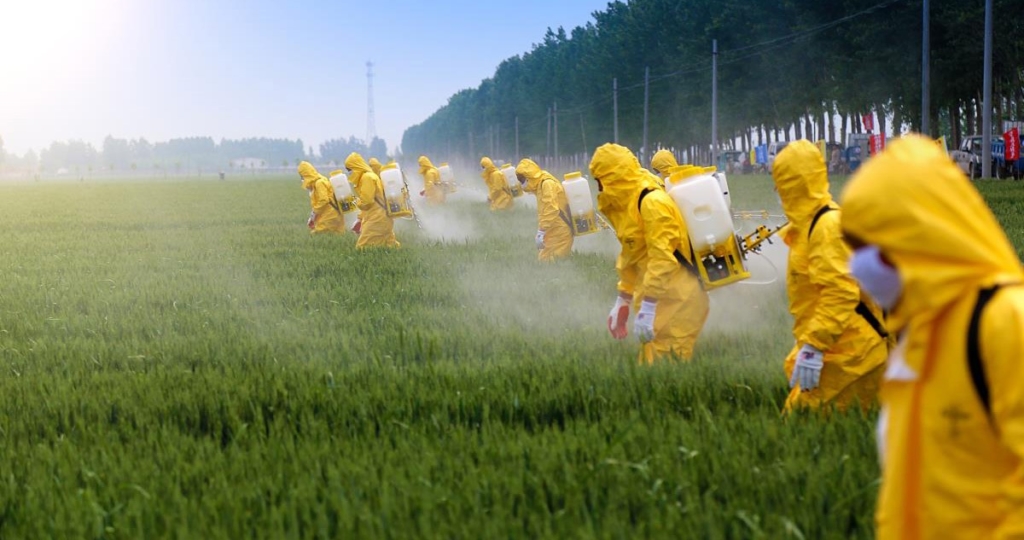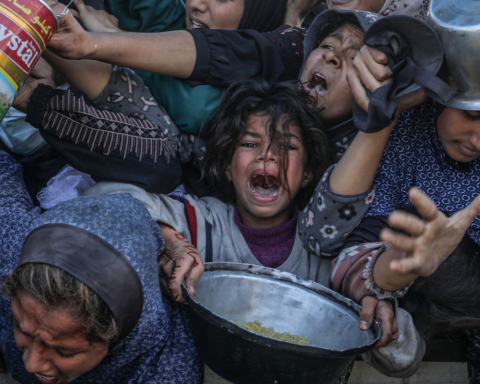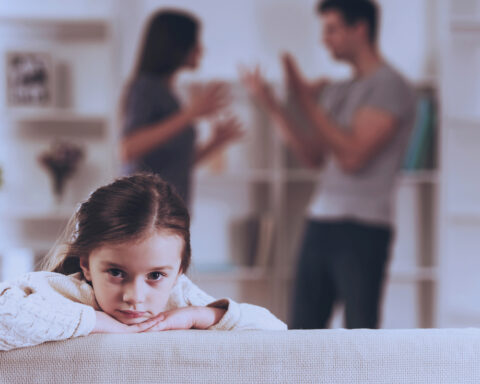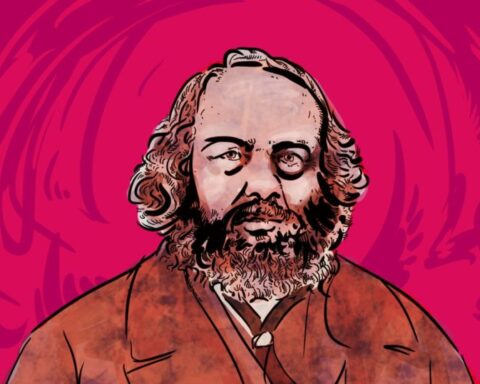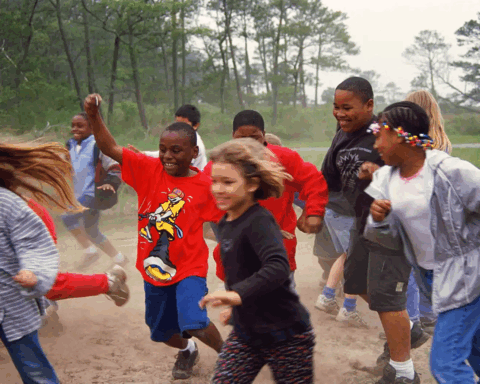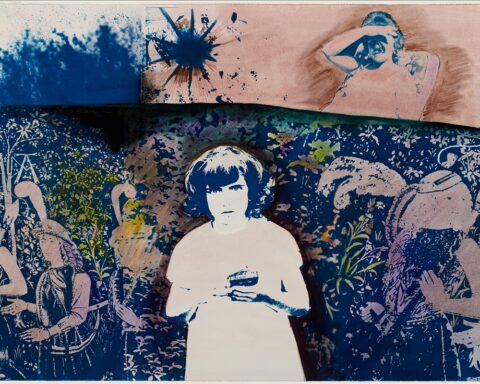Pandemic bla bla
It is already some weeks of quarantine. When the isolation hits you, it’s painful. I want to feel that all those restrictions are in their beginning, I am trying to become a physical endurance expert but I epically fail. Day after day, I realise that no one is around to care and I’m trying to figure the limit of this state, to imagine how it will be when things will get back to normal, while the news convinces me that nothing will get back to normal. I keep recalling a nightmare I had two years ago, a huge tsunami, which without seeing it I could feel it, shaking me, I could hear it, arriving, and when finally it will arrive, everything would be destroyed and I will end up alone talking with a bunch of strangers, trying to figure out with them how life will be from now on. Is this how life will be from now on? It is difficult to know of what it is best to do, when you know that some are suffering more than you, when some are already in the battle against the virus in hospitals, in clinics, people that go through this without a place to be, without anyone to take care of them. Whoever is fighting alone better stay online, even if the connection is poor. Try to make very short term planning and allow yourself to stay in a routine and receive cordially in the spirit of well manners the empathic “how do you feel”, “I am thinking of you” or the desperate “I miss you” in any kind of means of communication.
At some point, after England, the Netherlands announced herd immunity and in Greece strict quarantine measures were imposed on major cities, islands and slowly to rural areas, I tried to go to the studio to pick up some materials so I could create an improvised studio in my house, but until I had enough drive to send a text message to receive permission to go out- it takes one second- I ended up a couch potato. Time seems to be either passing too fast or too slowly. Every morning I try to get back to some kind of practice, but it is impossible to happen in the house, with breadcrumbs on the table. Then there is this thing about wearing a mask. I saw a few people wearing masks, or people feel that they need to keep the proper distance, and then there is a creation of a funny choreography to figure out what those limits of distance may be. You don’t know and cannot control the exact coordinates of another person’s movement before you actually encounter them. When one is going fast towards you, do you rush to predict and continue moving as you like or do you wait until they are already too close to you and you just need to turn your back to them? If you need to stay very long at a particular spot – for example checking groceries at the supermarket – do you expect the other to keep the distance or do you need to always hurry up with your instant decision making, especially when they are all made in public. When I am in the streets, the pavements are small, so I end up giving my pavement space to a possible passerby. There is no one walking too close to me but I noticed that I am insisting on doing so. The streets are different, the confines of the space limit my moves, and the choreography here becomes more syncopated, slight moves of keeping distance create accidents. Yesterday I fell down while trying to protect my speed of walking towards a man popping out from a corner. There are a few people on the streets but only to go to work but I don’t see them because I sleep 12 to 14hrs regularly. Right away I felt that there is no program, no plan and no future. At some point I lost my voice and I felt really drained and scared that the virus came to me, but then I didn’t have a temperature, and I didn’t have the “cough”, and every day I would wake up with grown anxiety. Although I don’t have a temperature I keep feeling so exhausted and I crave for a bit of rest but of course I’m noticing that as I’m scanning myself I can go in these wild kinds of waves of being quite okay with isolation and later I don’t like it at all. But, if I was living with a partner I think it would be a very different situation. I heard that in China, the divorce rate went up dramatically. Couples really started to irritate each other. So, I know that my kind of loneliness, on that front, comes from a different need, and It’s not that I miss being with someone but how to start creating an actual ease to be on my own and not feel anxious to fill any gap. I feel lucky that I am in this house and that I have my personal forms of life, but, I guess what I miss the most is the sense of forms of common life. At the same time I feel like I’m getting ready for a better relationship, with myself and with somebody else. I sometimes think that this has a positive effect cause we all needed a radical kind of deus ex machina. We were getting frenetic without reason. Everything seemed unreasonably intense. That is really unhealthy. The priorities now need to change, and we really need to reconsider what we want to accomplish as a society. Health, education and housing need to become free for all. Work needs to stop being what determines our lives. The elderly are in need of actual social relationships. We have built our whole social imagination based on a revolutionary youth and our well-being. Relationships are tough, they make you vulnerable, they are not easy but no one teaches us how to work on them but to just have them.
There is again so much commentary, so many opinions and this constant hyper state of over communication, the amount of emails, reports, posts going around about the virus and it turns out to be similar to any other topic of interest. It would be so nice to use this time to calm down instead of filling this fear of uncertainty with absolutely repetitive and meaningless bla bla… I find it really odd that this bla bla becomes a general behaviour. I mean it’s an interesting moment to observe that this global phenomenon does create different ways of working through it. It’s so interesting how this takes place, you know, in Hong Kong for instance they went into this already weeks ago, they are so well coordinated. I think they’re looking at us westerners like we’re completely crazy, in denial, careless, like walking death wishes. It is unbearable how difficult it is for people to stop with commerce. There are strict measures in Greece and even though the streets are kind of empty people hang out in random places and they talk to each other through their balconies. It is interesting to see how this is going to play out as the cases are going to rise. You also have groups of people starting this spontaneous clapping and honking of horns and this whooping thank you to health workers, and for some of us who are alone, it gives us a sense of touch and a sense of “we” that happens, and we are all drastically entering a moment of a history that we are all part of, everyone with their unique capacities come closer out of this simple gesture.
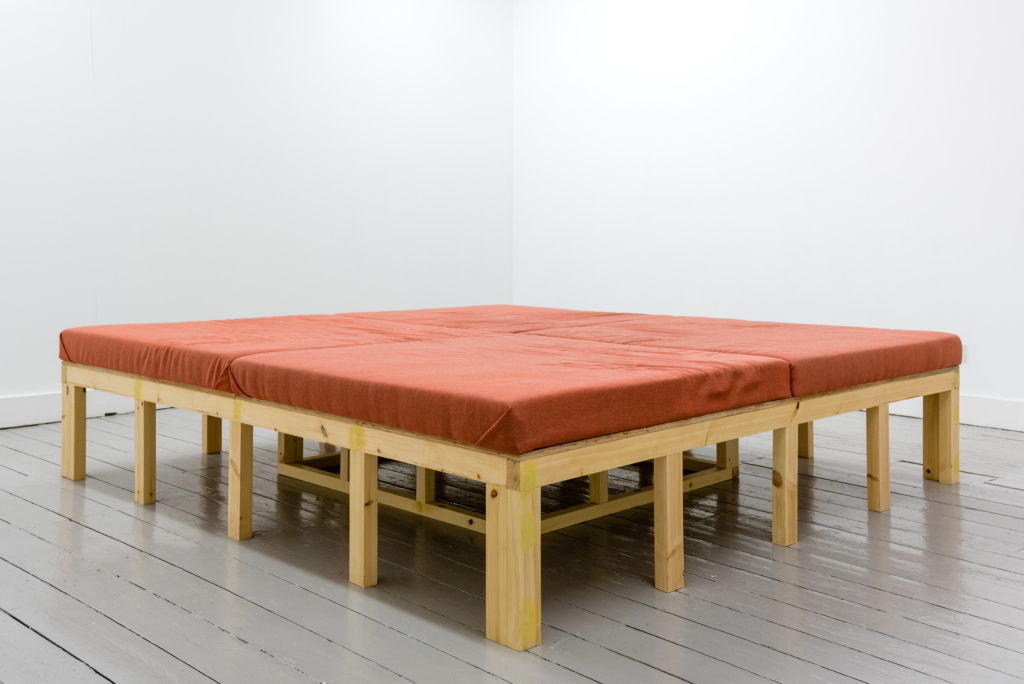
We are all sick!
This is not the first time we are faced with a global experience. For centuries we have been facing the violence of capitalism, its destructive program upon various ecosystems and the societies of this planet. It is not the first time we are facing the horrors of the nation-state’s desperate organisation of control and order. And it is not the first time that we experience social dead ends. We were getting out from this pain when we invented ways to turn pain into courage, into imagination and when we transformed fear into action; the silence into voice and self-determination. In which way could we possibly allow the virus to become our friend? The virus is treated from all the nation-states as another parasite that we need to kill, though our convictions are the enemy and how we have been cultivating a separate body and mind. As long as we have been learning to understand everything through binaries we do the same now: applying an internal mechanism of control to our bodies that will be permanently treated as sick and as a threat to ourselves and others. “We are all immigrants”, a slogan written all over Athens in 2015. But now it feels that we cannot claim that “we are all sick!”. What are we waiting for? Mortality is not ethics, it is not an ideology, there is no logic to mortality, how can we live without wanting to conqueror death? We cannot defeat death but we can create counter intuitive ways to respond to change, vulnerability and weakness. If we recall how our bodies were before the virus started spreading they were overworked, exhausted, not so much healthier than now. Lots of allergies, autoimmune diseases, stress, panic attacks were some of the effects of the constant pressure to be productive and efficient, along with prioritising well-being and economic security. All of those demands were also the sacrifice of any social relation that wasn’t for the benefit of both ourselves and our role in society, our work and status. Our lives were in constant split between personal desires and social duties and in constant neediness from our bodies to be on both sides in their full capacities no matter what.
How will those bodies be after the quarantine is over? Probably with the same symptoms but with an extra pressure that comes with the complete mistrust of the public sphere and its capacity to heal us. A retreat of the body from the mind while in quarantine and when there is at the same time a constant threat, deaths announced, people talking about this constantly, creates a parallel reality of the virus taking over while desire and duty can only rule while the body sustains. This double reality erupts our kairos. the very notion of the modality of time, and its unpredictability. In this moment of emergency whoever has a home will recruit new ways to survive. Narcissism, self-doubt, over-enthusiasm will come and go in waves and they will bring with them bodily symptoms of breathing and skin sensitivities, appetite disorders, lack of sleep, loss of memory. There is a new subjectivity created during the quarantine but there is also a new understanding of a time determined only by predictability. Kairos is gone; and when that concept of time is gone the sense of the public sphere also starts to fade away. It is up to us now to treat ourselves against the loss of kairos. We could invent new understandings of recovery that can effectively heal ourselves and prepare others for the aftermath of all of these. We can make our treatment heal the public space by recalling it: recalling touch, accident, our first encounter with friends. We can bring together various medicinal methods and knowledge of different traditions and take back our bodies and kairos. Our immunity to the unpredictable time (kairos) will be the one that can treat the streets, the corners, the empty spaces of our cities, and it will touch the buildings making them meaningful again.
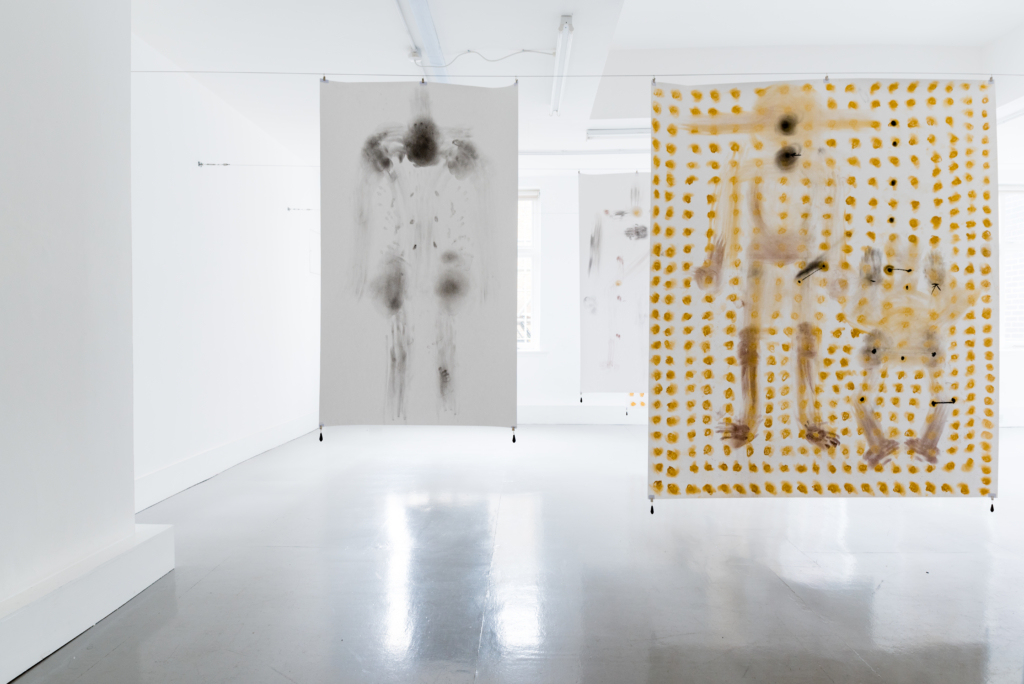
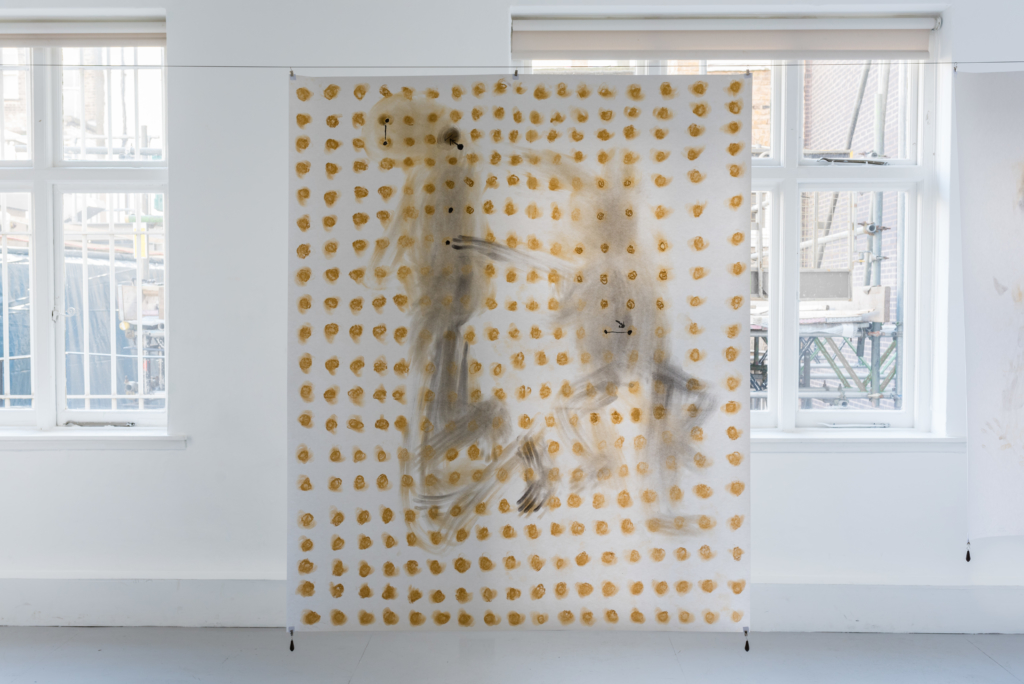
Death will not become another spectacle
Solidarity is the first word that comes to mind when things are in crisis, but the imperative of any reproductive labor is the effect that it brings in the present moment through practice and engagement with one-another, like art is the joy of not knowing, of no control, allowing accidents and incredibly fabulous failures to happen. All of our struggles to heal the pain and the violence caused by authoritarian and patriarchal systems happened through gathering together. But how do you build solidarity when you can’t come in contact with other people? This moment of self-policing can’t force upon us a new split between us and our bodies. What my body would like to do now is not what my mind says to my body to do and what I am forced to obey. It is not what the virus teaches me. Do I listen to the virus or the state regulations? If the virus is a friend it will teach me how body and mind can be transformed by accepting each other without hierarchy and this solidarity is to build solidarity with the virus itself, the foreign entity, the unknown, the one that it can’t be controlled, a guest who comes in without any warning and guarantee. Our bodies are hosts and based on the current events, global capitalism turns in his totalitarian phase: all the nation-states entered the phase of the global-fascist model of “dual state”. According to Ernst Fraenkel’s portrayal of Nazi Germany as a “dual state” there is a “normative state”, composed of lengthy constituted authorities and the traditional civil service, jostled for power with “prerogative state” formed by the party’s parallel organisations. The governance’s “normative segment” of a fascist regime continues to apply the law according to due process and officials in that sector were recruited and promoted according to bureaucratic norms of competence and seniority. In the “prerogative sector”, by contrast, no rules applied except the whim of the ruler, the gratification of party militants, and the supposed “destiny” of the Volk (people), the nazza, or other “chosen people”. But today, while the global economy has become the destiny of the planet and its inhabitants, and we daily experience the split of Europe and the globe between the North and South, between the rulers and the slaves; we are also, during the epidemic, witnessing nation-states regulating laws to control the epidemic while supporting the split for their own people by exclusion by who is allowed for example to economic help, to health care, and who has access to tests. While the global elites fly with private jets out of the infected cities to remote places, and the tv triggers us with fear and panic and the “untouched” rich and famous who did the test, had the virus and they are medicated in some luxurious hospital somewhere safe; global capitalism has turned into totalitarian capitalism. The “normative states” of the globe are closing their borders, they are constituted authorities and keep the automatic pilot with the civil services providing to the people the impression that they continue to maintain some basic rights. On the other side the newly established “prerogative states”: the corporations, the elites and the ruling class of the globe (leaders and CEO’s of mega tech industries, scientists and programmers) are regulating laws in the name of the one and most important priority: Capitalism, profit, money and power above all. This transformation will affect us all but most profoundly will change our ontological understanding of our own bodies.
But how do you reclaim something that is unsafe? I am in isolation for twenty days and I am not able to touch, kiss, hug anyone, all my actions are enclosed in privacy. I exist but if there is no other person to claim my existence I need to turn my body into a private entity, all my functions become private and all the public that is scattered in the streets and the corners of the metropolis, the junky, the homeless, the immigrant becomes an issue for the state to interfere, while the law is protecting the ones who are in privacy. Everything that is public is even more criminalised. The biopolitics in its actual sense turns its violence to the bodies that are not recognised by the nation-state; and now in this category of sovereignty adds on the sick. The body handed accountability is only the one that has given legal recognition: the legal body is a part of the community that defines it, so better find a group to define and categorise your “body” with a particular identity. The legal body is an individual, an organisation, or an entity that has given legal recognition, a compilation of laws known as “ body of laws” and for the “normative segment” this identity needs to be clear and not threatening to the flow of the economy. The productive, work-machine, the resilient subject, the survivalist. Us against ourselves. All of our interactions are feedback loops, and whoever was used to it already through online services now all of us need to get used to it and make ourselves specific insofar that we can survive. This call for survival makes me nauseous. This endless resilience has formed another sense of body. And if I am sick that changes the very sovereignty to my own body. Do I claim that I am sick or do I keep having the rights of my own body?
How can you claim the means of production when the means of production are dangerous? While more regulations of isolation are placed on the working class, the poor, the immigrant, the elderly and as any other reorganisation of work, is dictated to secure a healthier, and more productive labor force and repels the surge for working-class organisation. In this case right now, we are also faced with a paradigm shift, the physical space of work has been infected. As slowly most of the work moves to the house, the working-class is domesticated. What kind of class struggle can happen in the home? There is a need for soft subversions in the domestic private sphere and to welcome a new class struggle that happens in the kitchen. This is the moment of a combined productive and reproductive labor struggle and its name will be “body struggle”. Working performance happens in the house, in the private sphere, relationships are going online, and emotions are going with the flow; while the virus is spreading, the virus is not covid-19 but totalitarian capitalism.
The enemy becomes the social sphere: Carl Friedrich and Zbigniew Brzezinski, the founding scholars of the “totalitarian” model, coined the term “islands of separation” to describe elements of civil society that survive within a totalitarian dictatorship. The only islands I see surviving are the bureaucracy, the police, the tax offices, the banks, and the state and finally our own singular bodies, which are not anymore safe to hold any public interactions. Everything social becomes private, while suffering takes place capitalism protects the tax-payer, the businesses, the nuclear family, the borders and the rich. In the midst of all of these friends, relatives die and no one will ever know in which way this occurred. We know that there are many deaths but it is devastating to see the numbers on a statistical scale and the globe becoming red on a screen. Those bodies are beings, they are not numbers. Whatever consensus we all had to protect one another from the epidemic doesn’t give us the right to look at bodies as numbers. We need to turn off the computers, turn off the screens and invent other ways to connect and communicate. Death will not become another spectacle.
Georgia Sagri, Athens, 2020
Georgia Sagri is an interdisciplinary artist. Currently, she continues her ongoing research practice ”IASI” based on issues of reproductive labor, care, self-care and recovery with the support of three non-for profit institutions: Mimosa House, London; TAVROS, Athens; De Appel, Amsterdam. She is the initiator of the semi-public/semi-private space Ύλη[matter]HYLE (hyle.gr). She is the Tenure professor of Performance Art at the School of Fine Arts in Athens.
- Feature image: Georgia Sagri, Breathing (5-1-5), 2020, performance, 30’, 5th March 2020, Mimosa House, London.
all photos by Lucy Parakhina / © Georgia Gagri
